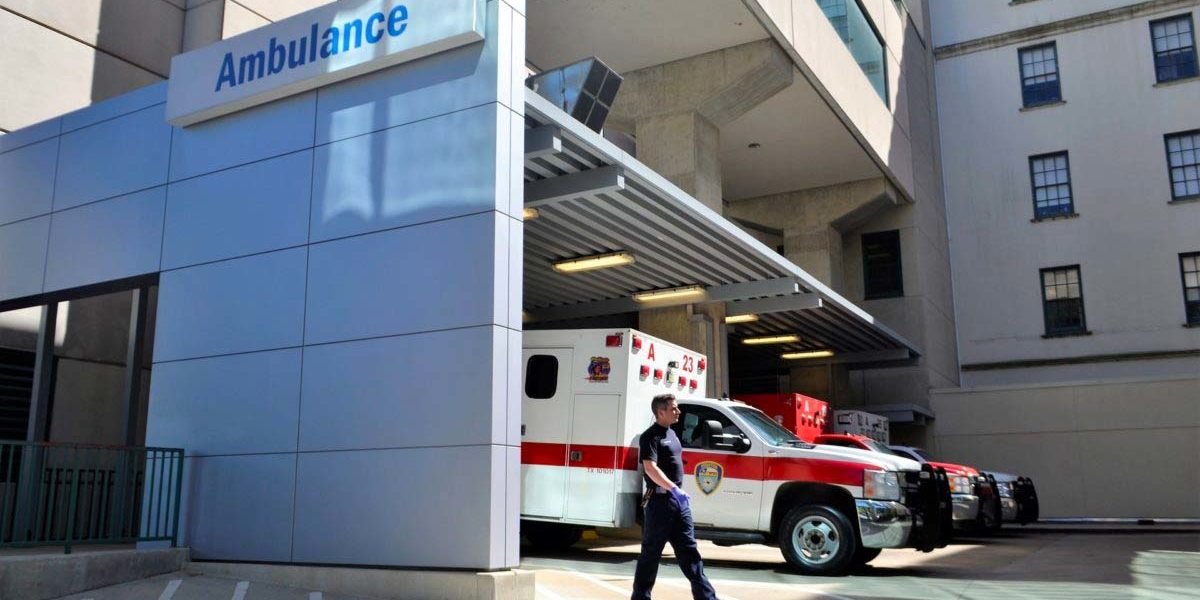
Who Will Stand Up for Our First Responders?
By Catherine D. Meehan, RN, JD
Fourteen years ago, the Workers’ Compensation Commission denied compensation to a crime scene investigator (CSI) who suffered a mental breakdown following her investigation of a particularly horrific death. She was called to the scene of a fatal vehicular accident involving the death of a two-year old girl. She did not know that it also involved a fellow officer, who the CSI knew, served with and considered a friend. He had backed over his toddler daughter and crushed her as one witness described “like a watermelon.” When the CSI arrived on the scene, her friend, the child’s father, was balled up in his garage crying uncontrollably. He had tried to take his own life, and consequently, had his gun taken away from him.
It may sound cold, the CSI explained, but the only way she can do her job is by turning bodies into objects she can distance herself from emotionally. But she could not do that in this case because it was a two-year-old child, run over and crushed by her father, a fellow police officer she considered to be a friend. Part of the investigation required that she crawl under the car to take pictures of any evidence. After the investigation, she could not forget the “itty-bitty fingerprints” the infant left on the gas tank that became her recurring nightmare. The lack of sleep and nightmares relentlessly took their toll until the CSI suffered a complete mental breakdown.
Under our law, to receive compensation for a mental injury, an injured worker must prove that employment conditions were unusual and extraordinary. The Workers’ Compensation Commission denied the CSI’s claim because it ruled as a CSI, she was required to investigate violent deaths and, therefore, no matter how gruesome or emotionally disturbing, investigating this death was not unusual or extraordinary. Under this unfair rule, first responders who are asked to perform difficult jobs the rest of us can hardly imagine are uniformly denied compensation for the mental injuries they suffer. First responders are not robots. They have feelings and frailties, just like the rest of us.
David Pearlman and Kevin Holmes of the Steinberg Law Firm have fought the CSI’s case for 14 years to the South Carolina Supreme Court twice while, together with law enforcement and others, simultaneously lobbying the Legislature to change this unfair law.
As a registered nurse, I want to add our health care workers to the first responders’ list. During this COVID-19 pandemic, our healthcare workers are called upon to do things, see things, and make life and death decisions every day that place an emotional toll on them. I recently learned of a husband and wife whom both contracted COVID-19. As we have heard all too frequently, the husband’s disease took a turn for the worse, and he ended up in the intensive care unit. His wife of 47 years begged to see him one last time but was denied permission as she posed a risk to the nurses on the floor. They said the wife could not visit unless all the nurses on her husband’s unit agreed. Without hesitation, every one of the nurses agreed, and the wife got to spend his last hours with her beloved husband.
Our first responders, police officers, firefighters, EMTs and healthcare workers alike perform difficult jobs protecting us every day. They are all heroes who deserve our help and support whenever we can give it. When they are injured, physically or mentally, in the line of duty, they deserve just compensation. At the Steinberg Law Firm, we will never stop standing up for our first responders who stand up for us.





















